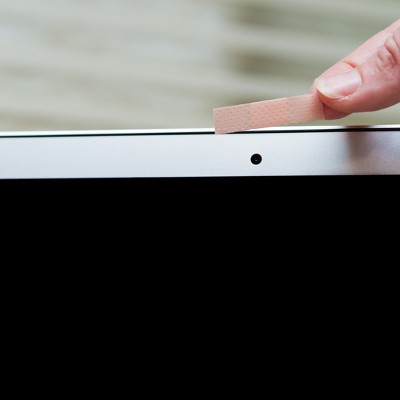Business use IT more today than ever before, and this has led business owners, CIOs and IT managers to constantly search for ways to deliver organizational profitability through technology. They do this by attempting, sometimes futilely, to pinpoint issues with their overall business strategy and practices while discovering technology solutions that will help mitigate these problems. Typically, if an IT manager speculates that a technology implementation will reduce costs or improve productivity, those solutions find a way to be implemented.
- You are here:
-
Blog

- Calendar
NetWorthy Systems Blog
Even webcams are susceptible to infestation from RATs, though they may not be the same creatures that haunt subway tunnels or dank basements. Remote Access Tools can be troublesome and, in some cases, invasive. RATs can be used to remotely access a computer and perform any number of functions, including turning on a device’s webcam.
Meetings: they’re known in the business world as a necessary evil. However, this doesn’t have to be the case. With a few adjustments, you can create the ideal conditions for effective and efficient meetings.
Though network security is a necessity, it’s difficult to plan for every single possibility. Small and medium-sized businesses have trouble accounting for the many threats that lurk on the Internet, as security often requires a professional’s touch. As experts ourselves, we’ll discuss the many security solutions available to your organization, as well as what your best option is.
Let’s say that you're on a business trip. As you travel, you decide you may as well get a bit of work done. You pull out your laptop and are pecking away, and that’s when you notice a growing feeling of nausea rising in your stomach. It gets so bad that you finally have to put the laptop away, having accomplished relatively little, before you are sick.




